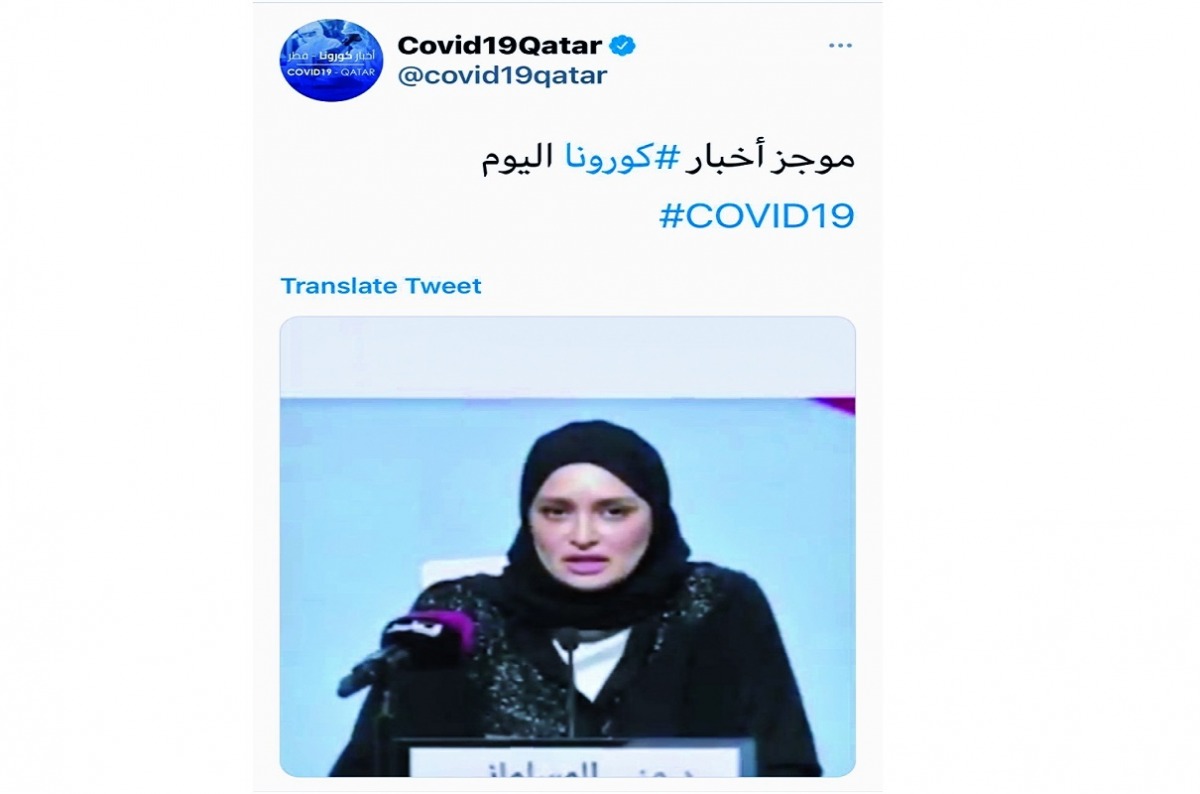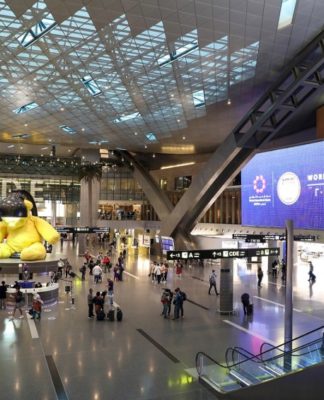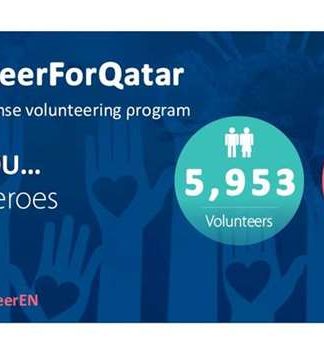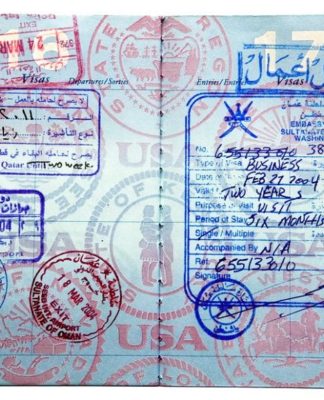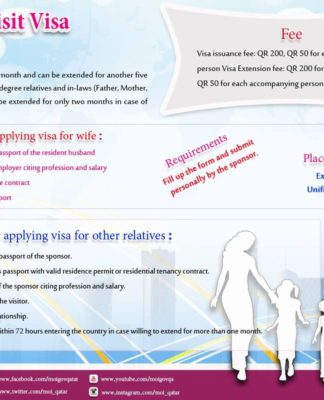The study pointed out that Qatar has succeeded in transmitting key health and safety messages to its multinational and multilingual population through a wide range of measures since the start of the outbreak of the Coronavirus “Covid-19” earlier this year, and the Qatar Media Corporation has played a vital role in this context.
Optimizing use of means and the study attributed the success to the optimal use of government TV and radio channels to the partnership with the main media entities in the country and to benefit from the enormous potential of social media, as the Qatar Media Corporation had a multi-faceted strategy to ensure that people had fast and accurate information about the Coronavirus (Covid-19). “. One of the main challenges was communicating the messages of the Coronavirus “Covid-19” to people of multiple linguistic backgrounds. It was also necessary to ensure that the target audience received correct and accurate messages, and there should not be any misunderstanding due to language barriers. In this regard, a study conducted by two university professors in Qatar showed the effectiveness of disseminating important messages related to Coronavirus in the languages of expatriates, with the able support and guidance of the Qatar Media Foundation.
Success factors
The study stated: At a time when migrant workers faced the possibility of high infection rates during the early stages of the epidemic, Qatar’s multilingual campaign helped, along with preventive and precautionary measures for the Coronavirus “Covid-19” in workers’ accommodations and project sites. , To contain the spread of the virus.
The researchers identified three key factors that played a major role in the campaign’s success: The use of migrant languages such as Urdu, Malayalam, Nepali, Bengali, Sinhala, and Tagalog in posters and printed leaflets. Besides using radio stations to deliver awareness messages in oral form; And community mobilization and religion leaders.
The challenges of multilingualism, the
study indicated that a report issued in 2019 by a private consulting firm showed that there are 94 nationalities residing in Qatar. Indians by far the largest national group in Qatar, making up 21.8% of the total, and it is estimated that around 400,000 of them are Malayalam speakers from the southern Indian state of Kerala. Bangladeshis and Nepalis also surpassed the proportion of Qatari citizens, with both groups individually comprising 12.5% of the total population, and residents from the Philippines, Pakistan and Sri Lanka were the second largest non-Arab expatriate groups in Qatar.
When grouped together, South and Southeast Asia made up about 65% of Qatar’s total population and made up the majority of the workforce, with Arabs only around 28%. While Arabic is the official language of the State of Qatar, English serves as a de facto second official language and is widely used as a lingua franca. In addition, multiple local languages from expatriate countries are used by people in large numbers. They include Malayalam, Hindi, Bengali, Nepali, Tamil, Baluchi, Urdu, Tagalog, Indonesian, Farsi, Sinhala, Amharic, Swahili, French, Pashto, and others. In particular, Urdu, Hindi, Malayalam, Sinhala, Tamil, Tagalog, Bengali, Nepali and English cover the main non-Arabic immigrant languages, which account for about 65% of the expatriate population.
Quick intervention through communication
The study pointed out that within less than two weeks of the first confirmed case of Coronavirus “Covid-19” in Qatar, the Qatar Media Foundation launched an awareness campaign for Coronavirus “Covid-19” on social media, specifically targeting members of society who do not know the language. Arabic or English. In addition to the Qatar Media Corporation, various government agencies, such as the Ministry of Interior, the Ministry of Public Health, the Ministry of Administrative Development, Labor and Social Affairs, the Hamad Medical Corporation, the Ministry of Endowments and Islamic Affairs, the Ministry of Trade and Industry, the Ministry of Municipality and Environment and the Government Communication Office, worked on a multiple awareness campaign. Languages. And since the English language was not understood by everyone and that the miscommunication and misunderstanding about the virus in the early stages convinced those familiar with the matter that there was a need for a strong campaign in the workers’ languages.
A study by Dr. Radwan Ahmed, Associate Professor of Sociolinguistics in the Department of English Literature and Linguistics at Qatar University, and Dr. Sarah Hillman, Associate Professor of the English Language in Liberal Arts Program at Texas A&M University at Qatar, shed light on the critical role the institution plays. Qatar Media in the fight against “Covid-19”, as the study confirmed that the Qatar Media Corporation plays a pivotal role in the fight against Covid-19.
The study indicated that the Qatar Media Foundation has succeeded in helping to spread the correct information in the languages of expatriates through multiple channels, including newspapers, radio stations, social media, posters and flyers.
Participation from various parties
The awareness campaign witnessed the participation of entities in all its digital, audio and visual sectors. In addition to the aforementioned radio stations, the Qatar Media Foundation awareness campaign also included outlets such as Chandrika (Malayalam) newspaper. The awareness campaign aimed to contribute to limiting the spread of Covid-19 by producing videos in different languages for publication on the most popular social media platforms such as Facebook, Instagram, Twitter and YouTube.
This supported the Qatar Media Foundation’s goal to reach the largest possible number of target groups. The videos focused on the most important information, such as the need to maintain personal hygiene, including the cleanliness of the house, the difference between isolation and quarantine, things that should be done at home such as exercising, and ensuring food safety.
Using Radio Stations in Expatriate Languages Moving
beyond posters and pamphlets, the Qatar Media Foundation felt that it was important to use radio stations in the expatriate language to provide correct information to workers because many of them faced problems with reading and writing.
The Qatar Media Corporation worked closely with Olive 106.3 FM, Sono Malayalam 91.7 FM, Kabayan 94.3 FM, Malayalam 98.6 FM and Urdu 107 FM. A health awareness press campaign was launched under the title “All Come, We Overcome Together” in Hindi, Nepali, Tagalog, Malayalam, Sinhala and Urdu.
A new Bengali language channel has also been launched on 95.3 FM to assist the campaign as there were previously no radio stations for Bengali speakers.
The study showed that although these stations are private and rely on advertisements, their station managers said they saw this as part of their corporate social responsibility.
Radio Olive and the Suno Network shared the audio clips with researchers in ten languages - Bengali, English, Hindi, Tagalog, Kannada, Malayalam, Nepali, Pashto, Sinhala and Urdu, which were broadcast live.
Sending audio clips to thousands of people
Multilingual messages were prepared by radio broadcasters in cooperation with community members. And it aired from March 11 until the end of May from 6 am to midnight every hour.
Unique Radio Olive and the Sono Network also did a unique job. They sent these audio clips to 40,000 listeners who subscribed to their WhatsApp programs.
The study illustrates, for example, the awareness messages about Coronavirus Covid-19 that were broadcast on Malayalam Radio 98.6 FM in different languages on a given day (April 15). Covid-19 announcements were broadcast in Arabic and English 23 times each, common notifications of Covid-19 33 times, preventive precautions for Covid-19 in (Tamil) 17 times, Covid-19 precaution capsule sets (1 and 2) 22 times, and precautions Covid-19 with (Malayalam) 9 times, Covid-19 precautions in (Bengali -1 and 2) 10 times, and Covid-19 precautions with (Sinhala) 8 times.
The Foundation uses its Twitter account, and
realizing the potential of social media to spread fast and accurate information, the Qatar Media Foundation launched an account on Twitter, Covid19Qatar, in April to publish real news about the virus. Since then, it has served as a platform for publishing official news and following up on related topics, in addition to focusing on the efforts of ministries, official institutions and all sectors in limiting the spread of the virus. The new Twitter account complemented the communication efforts made by the Qatar Media Corporation in this regard. The account issued daily newsletters in different languages regardless of publishing statistics and the latest daily developments, in addition to awareness videos produced by the Qatar Media Corporation.
The account acted as a barrier to the spread of rumors and a platform to display the most important articles and news related to official institutions and their efforts to limit the spread of Covid-19. In general, and here, the Qatar Media Foundation has produced hundreds of educational materials during the current Coronavirus “Covid-19” crisis through various channels, thus supporting the government’s efforts to contain the spread of Covid-19.














